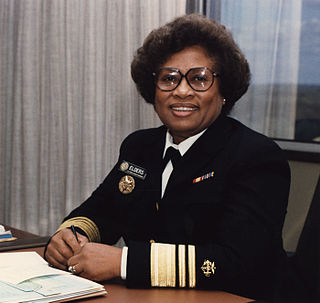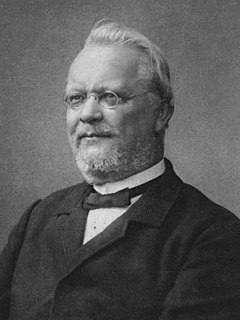A Quote by Gro Harlem Brundtland
Since the reduction of risk factors is the scientific basis for primary prevention, the World Health Organization promotes the development of an integrated strategy for prevention of several diseases, rather than focusing on individual ones.
Related Quotes
The development of a strategic plan for cancer prevention in medical schools that is supported by all stakeholders - including the medical community, government, the insurance industry, cancer advocacy groups and all those dedicated to cancer prevention - will be the key to inspiring patients to live lifestyles that will decrease cancer risk.
Balanced, sensible nutrition: eat food, not too much, mostly plants, a healthy diet ala Michael Pollan, modern physical activity on a daily basis, modest weight loss - translated into a 58% reduction in the occurrence of diabetes. A clear indication of the power of lifestyle over health. The challenge now is the development of the community-based programs that will translate what we learned in the diabetes prevention program and put it to work in every town in America.
Stated in the simplest terms, the recognized solution to the problem of foodborne illness is a comprehensive prevention strategy that involves all participants in the food system, domestic and foreign, doing their part to minimize the likelihood of harmful contamination. And that is the strategy mandated by FSMA. It is not a strategy that assumes we can achieve a zero-risk food supply, but it is a strategy grounded in the conviction that we can better protect consumers and the economic vigor of the food system if everyone involved implements reasonably available measures to reduce risk.
My biggest challenge is to educate the American people, to make access to health care available for all, and to make sure that prevention plays a big part in health care. In the case of guns, prevention means we prevent homicides and devastating, expensive gun injuries by preventing those who shouldn't have guns from getting their hands on guns.
If all other risk factors are normal, and you exercise moderately, your risk of having high CRP is one in 2000, .. A person who is a little overweight, with blood fats and cholesterol a little elevated, maybe with a little bit of high blood pressure -- we didn't used to think that having several of these little risk factors were a big deal. But it is. These little risk factors add up in a way that is worse for you than one big risk factor.
As a country with experience of coping with earthquakes, tsunamis and other natural disasters, Japan believes in emphasizing the mainstreaming of disaster risk reduction. We therefore prioritize investment in disaster prevention and post-disaster improvements under a policy of Build Back Better (BBB).































